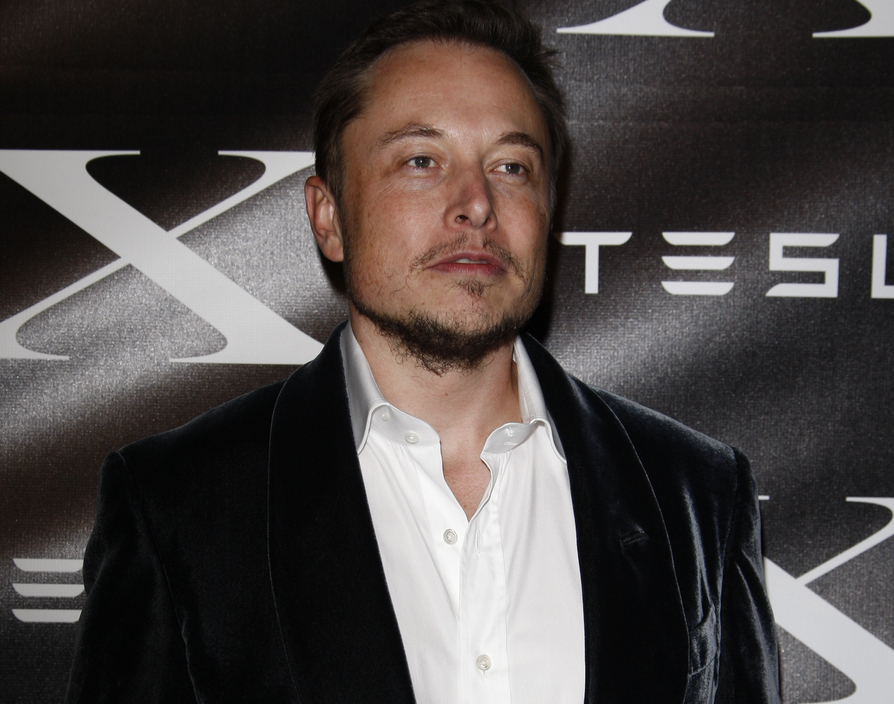Photo credit: Phil Stafford / Shutterstock.com
Tesla CEO Elon Musk is no stranger to courting controversy on Twitter. From calling the Thai cave rescuer a “pedo” to joking about the company going bankrupt on April Fool’s, his tweets never fails to stir a reaction. But no one was prepared when he used the social media platform on Tuesday August 7 to announce potentially monumental news – his plans to take Tesla private.
Investors were left shocked after the rock star entrepreneur tweeted: “Am considering taking Tesla private at $420. Funding secured.”

Musk later tweeted: “Investor support is confirmed. Only reason why this is not certain is that it’s contingent on a shareholder vote.”

Later he expanded upon his plans in a blog post to his employees. Musk began by saying that “a final decision has not yet been made but the reason for doing this is all about creating the environment for Tesla to operate best.”
He continued: “As a public company, we are subject to wild swings in our stock price that can be a major distraction for everyone working at Tesla, all of whom are shareholders. Being public also subjects us to the quarterly earnings cycle that puts enormous pressure on Tesla to make decisions that may be right for a given quarter, but not necessarily right for the long-term. Finally, as the most shorted stock in the history of the stock market, being public means that there are large numbers of people who have the incentive to attack the company.”
The email explained that there was no plans to merge SpaceX and Tesla after going private even though “the structure envisioned for Tesla is similar in many ways to the SpaceX structure: external shareholders and employee shareholders have an opportunity to sell or buy approximately every six months.”
Musk also claimed “this has nothing to do with accumulating control for myself. I own about 20% of the company now, and I don’t envision that being substantially different after any deal is completed.”
What’s interesting is that the blog post didn’t include any mention of funding to buy back the company.
On Friday August 10, confidential sources told CNBC that the plans are seemingly going ahead as Tesla’s board of directors plans to advice Musk to hire an external team of advisors and “rescue himself from the process.”
Following the announcement the stock prices spiked by 11%. Still, the news that Tesla plans to go private seemingly came out of the blue, leaving many market analysts skeptical about the viability of getting the money to fund the deal. Some Wall Street banks were unaware of any transaction by the CEO which could lead to the buyout, according to CNBC.
Moreover, market analysts from Barclays and J.P. Morgan Chase have expressed their concerns about the financial obstacles Musk will encounter. “[The buyout] would require about $70bn: roughly $60bn for equity and about $10bn to take out debt,” wrote Barclays, according to CNBC. “With 145 million shares, a buyout at [$420 per share] would require $60bn to take out all public shareholders.” The bank noted that even though Saudi Arabia’s sovereign wealth fund has recently bought a $2bn stake in the company, “that leaves a large funding gap.”
At a $70bn buyback price, the buyout would be the biggest one in history, easily toppling TXU Corp $32bn deal from 2007.
“For a regular company with a regular CEO, you would have to conclude that some aspects of the story don’t add up,” said Alexander Mann, an investor at Concentric, a VC firm, when speaking to Elite Business. “Either funding is not secured and he’s doing this out of a need to rout short-sellers and inflate the stock price [or] he’s about the pull off the deal of the decade.”
Still, it wouldn’t be the first time the serial entrepreneur behind brands like Space X and PayPal has done the impossible. “It’s Musk, so anything is possible,” said Mann. “Musk is playing three-dimensional chess it seems. Tesla is quite clearly in a tough spot but you never bet against Musk.”
Still, Mann remained unconvinced about the benefits of going private. “Tesla can be a trillion dollar business, but it needs cash and patience,” he explained.
Responding to Musk’s declaration to take the company private to avoid the short-sighted fluctuations of the market, David Jones, chief market strategist at Capital.com, a fintech firm, told Elite Business that the Tesla chief might be on to something. “It has been known for some time that Tesla is the most shorted stock on the US market,” Jones explained. “In a nutshell, this means that more investors are betting on a price drop in Tesla than on any other listed company. However, to provide some balance here, until recently Apple was one of the most shorted shares and has recently become the world’s first $1tn dollar company. The short-sellers don’t always get it right.”
Jones continued: “What is interesting now for Tesla is what happens next? If the market thinks that this is merely Elon Musk venting his frustration at the amount of scrutiny his company – and its share price – comes under on a weekly basis, then investors may well take some of this week’s windfall profits, and the share price will be under pressure once more. As ever with Tesla and Mr. Musk, there is seldom a dull moment and it is likely to be even more closely tracked now than ever before.”
Others have been critical about the almost flippant way in which Musk announced his plans on Twitter. However, according to the Securities and Exchange Commission (SEC), a US market regulator, it was indeed legitimate for Musk to resort to social media.
In fact, Johnathan Gabay, a market analyst and co-founder of KBA, a marketing firm, believes it was just a taste of what’s to come. “In the corporate world, communication is changing and Musk is definitely leading the way,” Gabay explained to Elite Business.
He added: “Musk knows how to use social media to his favour in this case. Looking at how the electric cars are the future of the auto industry — now is the time to consolidate the company’s market position and he is doing just that.”
Indeed no one has a clue of what to expect next on their Twitter feed where Musk is concerned. The only thing that certain is that the car manufacturer is taking us all down a very interesting ride. ![]()
Share via:


















































